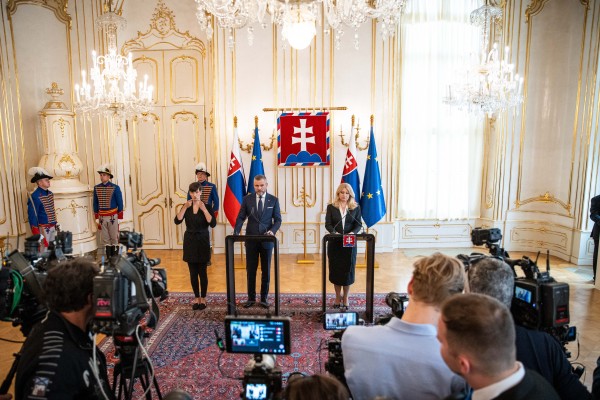H.E. Vladimir Vladimirovich Putin
President
The Kremlin
Moscow
Russia
Vienna, 20 April 2001
Your Excellency,
The International Press Institute (IPI), the global network of editors and media executives, is deeply concerned at recent actions apparently aimed at silencing the critical voice of Russia’s independent media outlets.
The state-linked natural gas company, Gazprom, is currently engaged in a hostile takeover of Media-Most, citing unpaid debts as the reason. Gazprom is the main creditor of Media-Most, Russia’s most influential media company outside state control. On 14 April, Gazprom established effective control over the Media-Most outlet NTV, the only nation-wide independent TV station. Together with officers from the Interior Ministry, Gazprom security officers seized the station’s offices and control room which had been occupied by journalists protesting a 3 April board meeting in which Gazprom replaced NTV’s management and appointed several of its own staff to key positions in the company.
In addition, on 16 April, Gazprom, together with an individual shareholder in the Media-Most owned publishing house Sem Dnei, announced that it would no longer finance daily Sevodnya, a decision which effectively closed down the newspaper. The following day, Sem Dnei said that it had fired the editorial staff of the weekly magazine Itogi.
Even though Gazprom has publicly expressed that it will not interfere in the editorial policies of Media-Most, IPI believes there is room for concern with regard to the continuing independence of the company. Media-Most’s outlets have provided a more critical tone in their coverage of the government and its polices compared with many other media. Regrettably, the company has also been subjected to a number of arbitrary actions by the authorities, including more than two dozen tax raids in the past year and attempts to close down the company on financial grounds. IPI believes that these efforts are directly related to the company’s critical coverage of the government.
When taken against this backdrop, the swift action by Gazprom – which is partially owned by the state – against three of the company’s outlets becomes very troubling. Indeed, it would appear that the actions taken against NTV, Itogi and Sevodnya are part of a concerted effort to silence media that are critical of the government’s policies. In light of these considerations, IPI urges Your Excellency to ensure that the Russian government does not use political pressure to muzzle critical media and that Media-Most outlets are allowed to enjoy full editorial independence.
We thank you for your attention.
Yours sincerely,
Johann P. Fritz
Director


